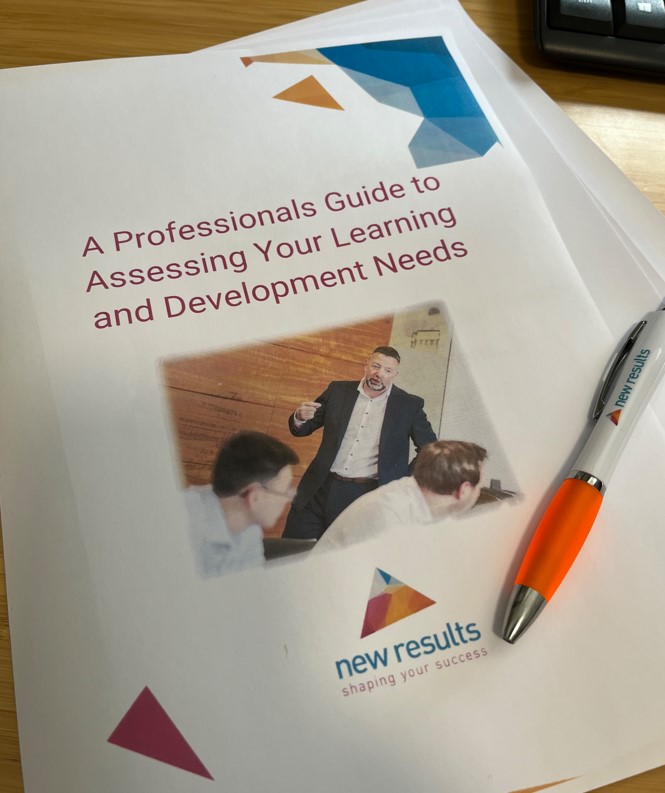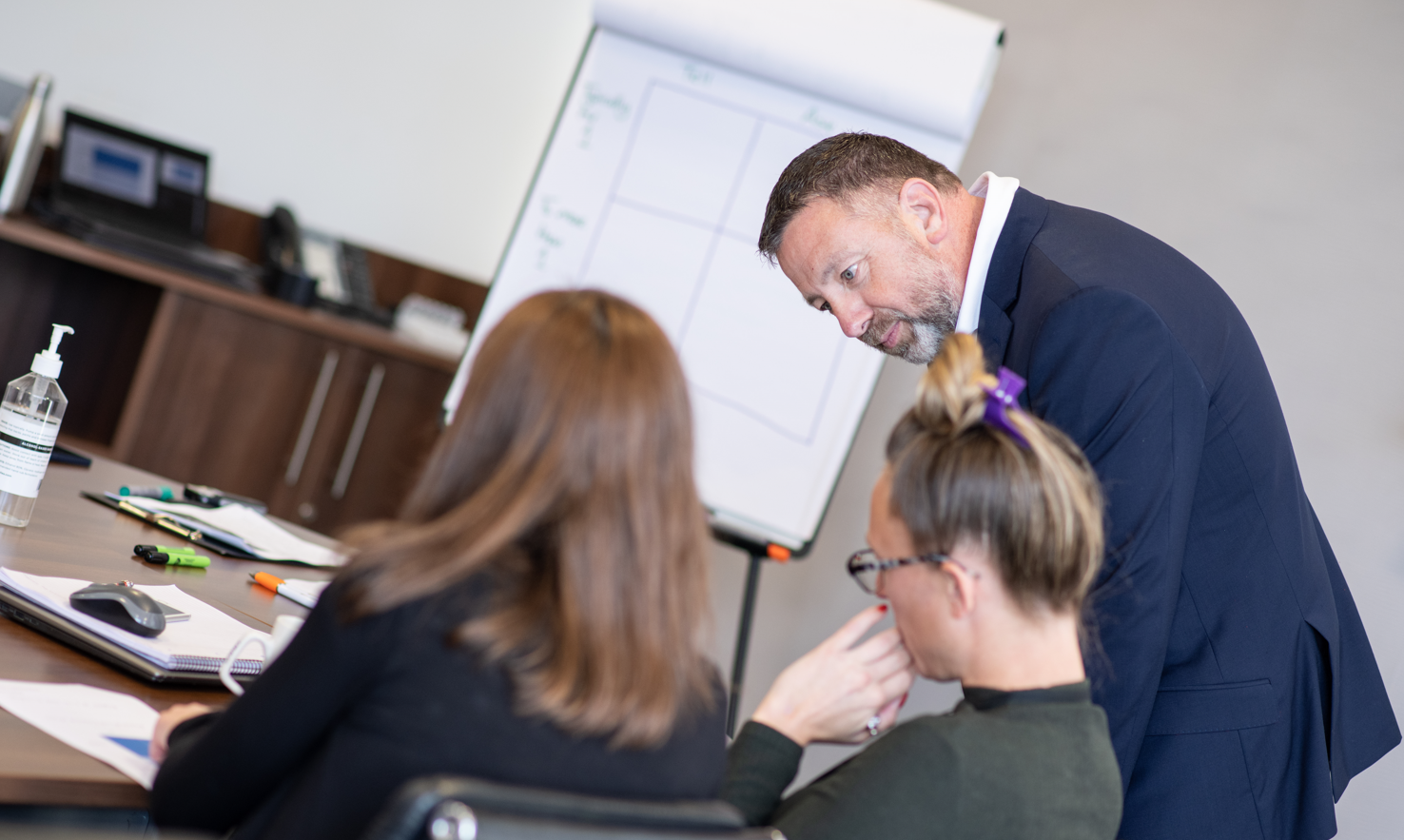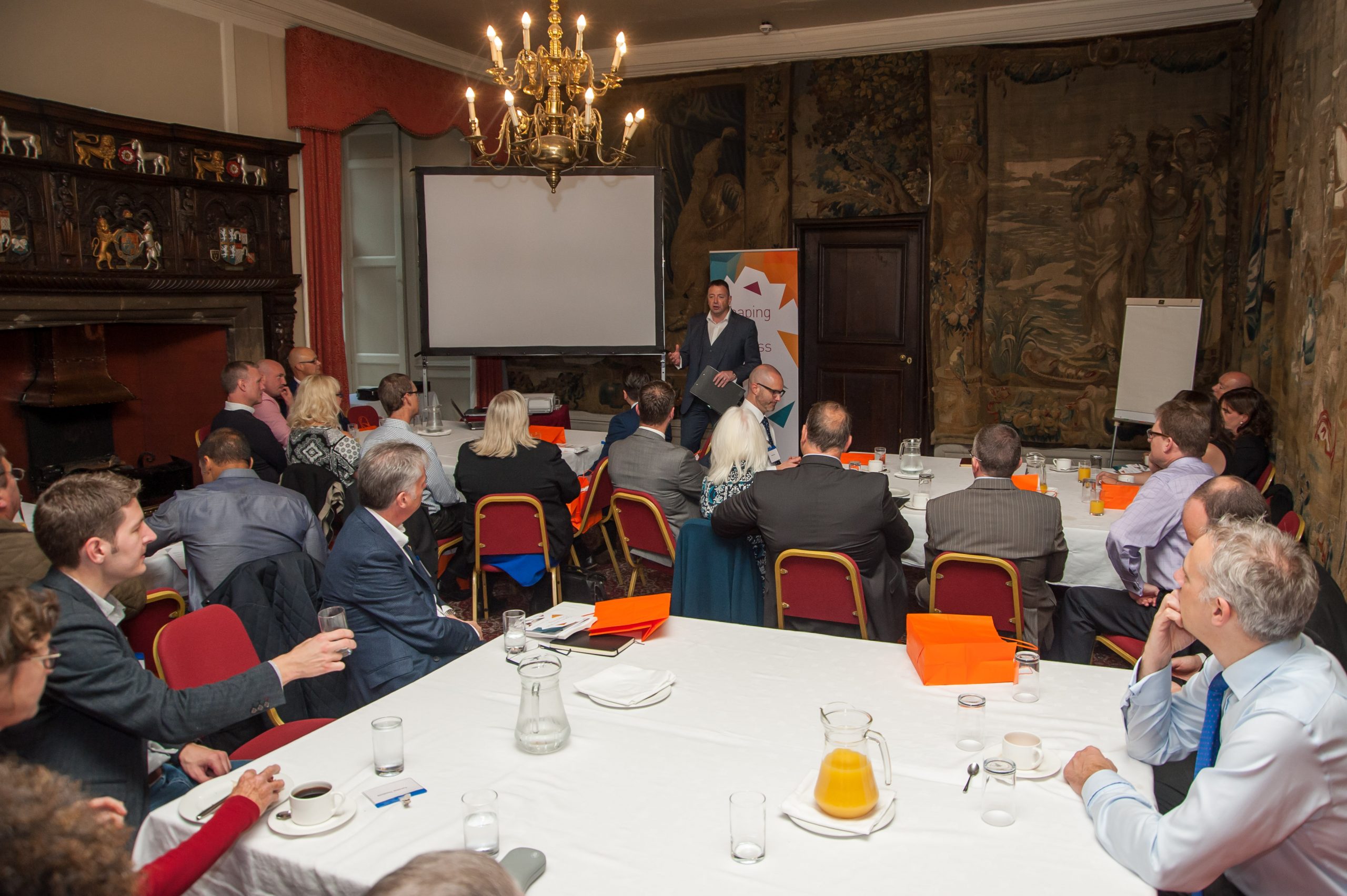A lot is said about “closing the deal” or “closing techniques”, and some of the traditional methods are still very useful and at the same time, some new closing techniques are worth exploring.
Firstly let’s define what stages there are in winning more business, increasing your sales and getting customers to yes.
Getting a contract signed, agreeing a face to face meeting or the point where a prospect (someone interested but not yet a client) says yes to a new piece of work are all forms of closing deals. They all involve some sort of positive agreement, so let’s have a look at these positive agreements. You may have come across such closing techniques as:
- The alternate close – “would you like it in red or blue?”, “would Tuesday or Wednesday be best for our meeting?”
- The assumptive close – “Ok then let’s get the paperwork signed”. “How many would you like?”
- Or slightly more unusual techniques like the puppy dog close – “Let’s run a two week trial and discuss your feedback and thoughts after that”. (Called the “puppy dog” close as it likened to giving a small child a puppy to play with for half an hour then trying to take it back. The child won’t want to relinquish the puppy nor will your customer want to return your product or service at the end other trial!)
- Using a summary to close.
These closing techniques are all useful and effective and have a place. What we like to do is look at the customer’s journey from initial contact to closing the deal, and think of it in a specific way. This is where the marriage proposal comes in (bear with us on this).
The best way to do this is to think like someone who is about to ask their partner to marry them. If you have only just started your second date you probably wouldn’t dive in and ask the big question. You would generally build up to this gently over a period of time, make sure they are thinking the same way as you before diving in and asking the big question. The progression to popping the big question is usually in key stages; 1st date, 2nd date, meeting their friends, meeting their family going on holiday, etc.
Taking key lessons from this we can apply a similar approach when asking for a commitment from a customer. These are often described as trial closes or staged closes.
Example
A customer says as part of the discussion, that they are interested in your venue for a meeting.
How would the trial close be used? What could you say?
Trial closes often end with:
“…isn’t it?”
“…haven’t you?”
“…wouldn’t you?”

By using a series of small agreements (just like the stages in building up to the marriage proposal) we test the water and understand how interested the person is. So before we get to the big question we can be sure if we are getting lots of agreement then we are more likely to get a positive answer from the big question!
So when it comes to closing a deal, winning that contract or gaining agreement, think like someone who wants to propose to their other half. Build the relationship, understand where they are in terms of level of commitment and buy in. The big question should in reality be nothing more than a gentle nudge, IF you have understood your customer’s level of commitment clearly. Have fun with this one.
Good luck with your proposals!
Image sourced from Pixabay










